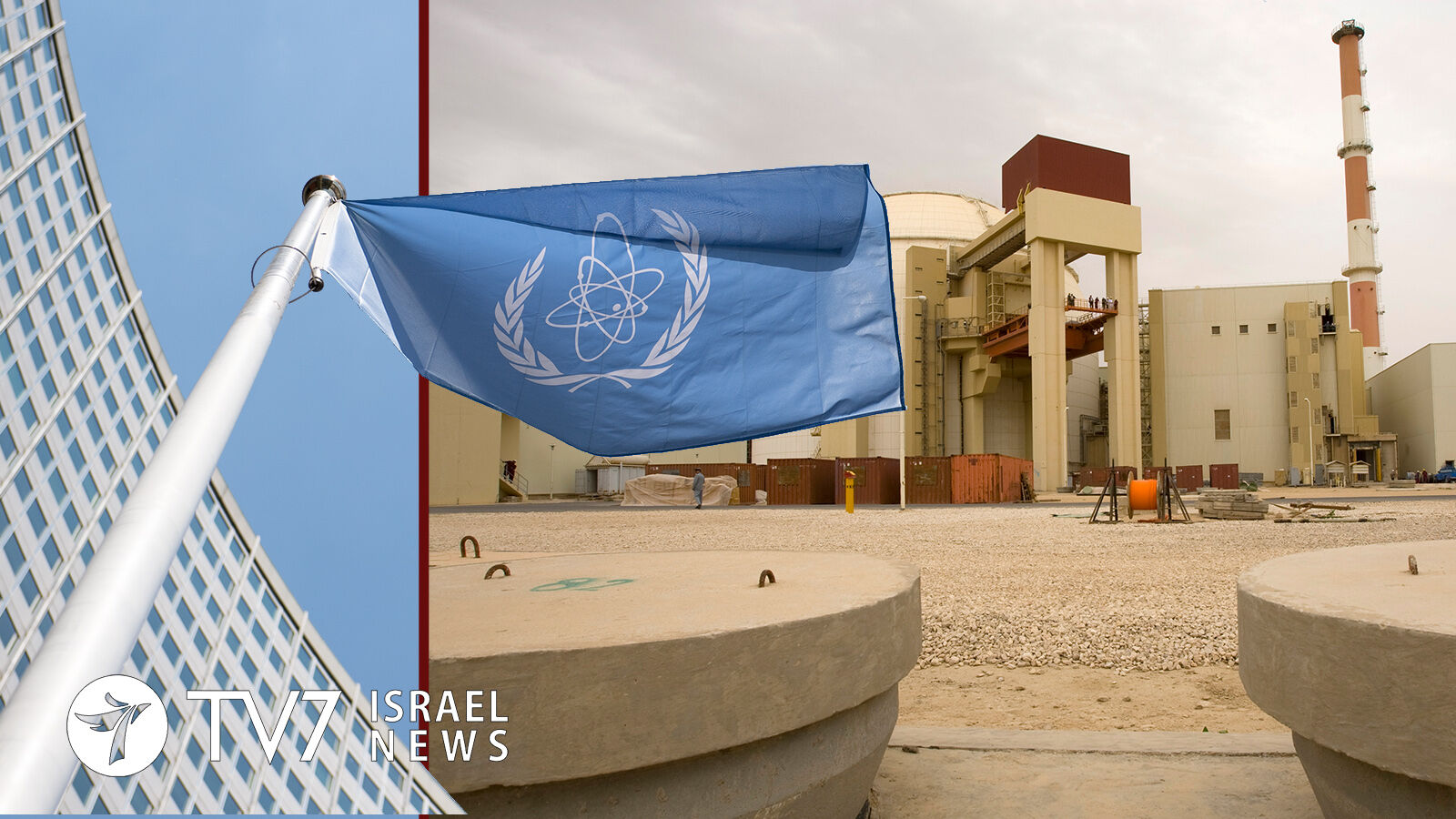The International Atomic Energy Agency (IAEA) detailed a number of ongoing disputes with the Islamic Republic in separate reports.
By Erin Viner
Tehran has still not granted IAEA inspectors the access it promised 2 months ago to re-install surveillance cameras at a workshop in the TESA Karaj complex that were allegedly sabotaged in June, in an attack Iran blamed on Israel.
This, according to the Reuters news agency, which says it has viewed 2 confidential IAEA reports to member states yesterday, “detailing its conflicts with Iran, from rough treatment of its inspectors to re-installing cameras it deems ‘essential’ for the revival of Tehran’s nuclear deal.”
Indirect talks between Iran and the United States aimed at bringing both countries back into compliance with the 2015 Joint Comprehensive Plan of Action (JCPOA) are due to resume on 29 November – just after a quarterly meeting of the IAEA’s 35-nation Board of Governors at which diplomats say no action is likely to be taken against the Ayatollah regime over concern of impacting the negotiations.
Failure by Iran to grant admittance “is seriously affecting the Agency’s ability to restore continuity of knowledge at the workshop, which has been widely recognized as essential in relation to a return to the JCPOA,” said one of the reports by the United Nations nuclear watchdog organization.
The TESA Karaj workshop produces components for centrifuges needed to enrich uranium. One of four IAEA cameras there was destroyed in the reported attack, after which Iran then removed them all. Footage from the destroyed camera is missing.
The Islamic Republic avoided a major rift with the West by agreeing on 12 September to permit the IAEA to service monitoring equipment and replace memory cards due to fill up with camera footage and other data at TESA Karaj, as well as access to other sensitive sites.
The second report criticized the continued “excessively invasive physical searches” of its monitoring team. Last September, the IAEA condemned “unacceptable” incidents of “harassment” described by diplomats as the subjection of female inspectors to inappropriate searches by Iranian security staff.
Meanwhile, IAEA has confirmed that IAEA Director General Rafael Grossi will hold meetings with Iranian officials in Tehran on 23 November – more than 2 months after the Islamic Republic had promised to host him.
The visit is slated to be held on the eve of the IAEA Board of Governors meeting.
While the IAEA did not specify with whom Grossi will hold talks, Spokesman for the Atomic Energy Organization of Iran Behrouz Kamalvandi told state media that the Director General will meet the Islamic Republic’s Foreign Minister Hossein Amir-Abdollahian, as well as Head of Iran’s Atomic Energy Organization Mohammad Eslami, who also serves as Iranian Vice President.
Grossi previously stated at a 12 November press conference that aside from technical exchanges with Eslami, the visit would be his first opportunity to have a “serious conversation” with the administration of hardline Iranian President Ebrahim Raisi, who took office in August. It was “astonishing” that it has taken this long, he added.
